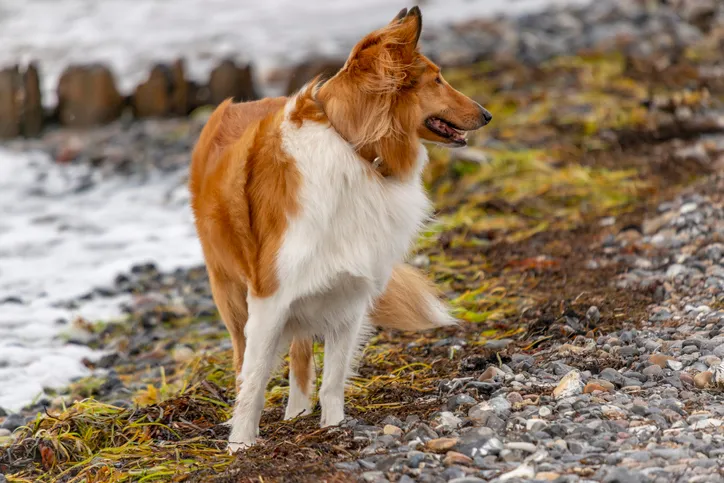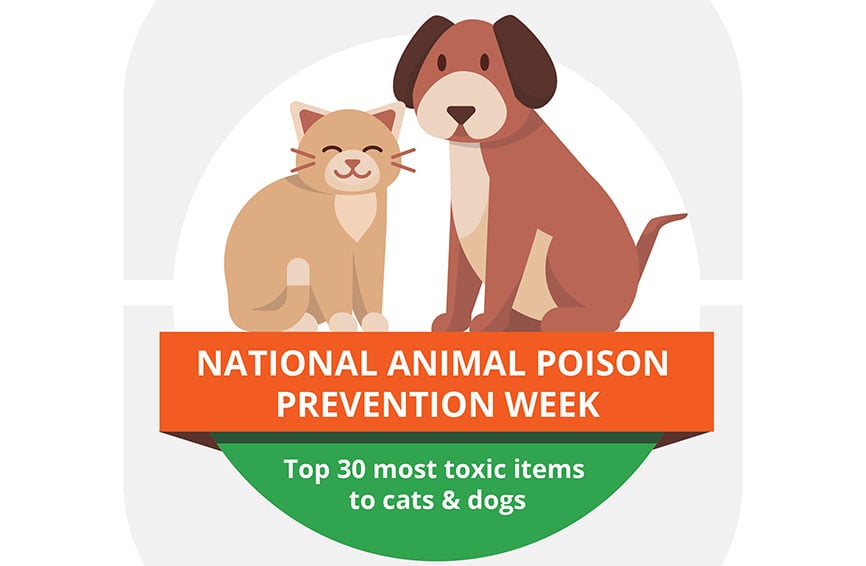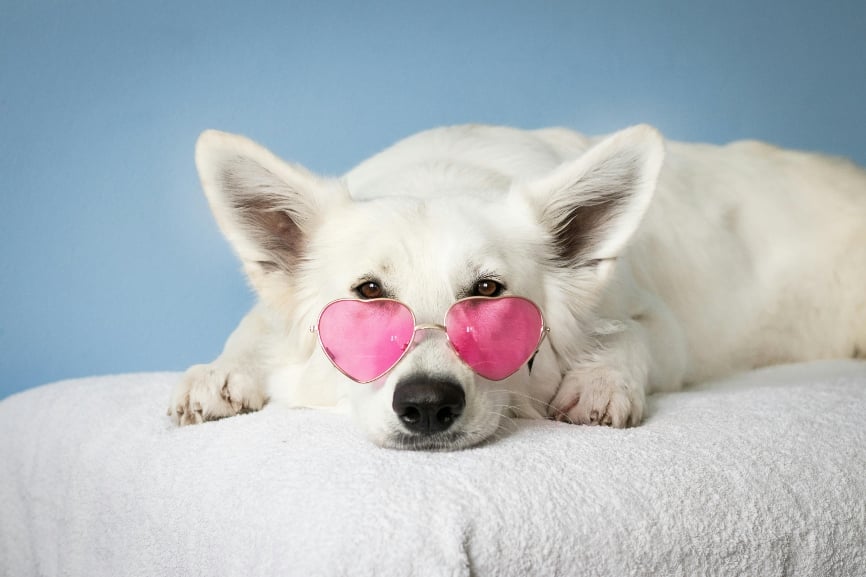Key Takeaways
- Yes, dogs can eat seaweed snacks and supplements, if they do not contain garlic or onions.
- Seaweed is nutritious and contains protein, iron, iodine, magnesium, and omega-3s.
- Dogs should not eat wild seaweed on the beach because of pollutants and digestion risks.
The quick answer: Proceed with caution. Commercially produced seaweed snacks without seasoning and seaweed supplements are safe for dogs, but dogs should not eat seaweed found on the beach.
Benefits
Seaweed is particularly nutritious as it contains protein and is rich in iron, iodine, magnesium, and omega-3 fatty acids. Nori, the type of seaweed usually used to make sushi, is a good source of vitamin B12. Commercially produced supplements and seaweed snacks that are safe for human consumption are okay to share with your dog.
The easiest way to share seaweed with your dog is to add a sprinkle of a seaweed supplement to their food. However, some dogs may also be intrigued to try dry seaweed snacks.
Hazards
Offering safe seaweed snacks may cause your dog to develop a taste for seaweed, which could be dangerous if you decide to bring your dog to the beach. It’s important to never allow your dog to eat seaweed found on the beach. Wild seaweed commonly found on beaches during summer is dangerous for your dog. While exploring the beach with your dog, it’s best to keep them on a leash to be able to prevent them from gobbling up some seaweed.
Due to summer heat exposure, wild seaweed dries out and shrinks. If your dog eats wild seaweed, it will absorb water and expand in the digestive system, causing blockages that could potentially be fatal. Additionally, seaweed found on the beach could contain pollutants and critters that your pup shouldn’t be eating. If your dog has eaten seaweed from the beach, contact your veterinarian as soon as possible.
With commercial seaweed products, be sure to check the ingredients for added seasonings before sharing. Snacks seasoned with garlic or onions are off-limits, but it’s safe to share plain seaweed snacks with your dog.
It’s best to moderate your dog’s intake—too much of any type of food can disrupt your dog’s digestive system and cause vomiting and diarrhea. Kelp supplements contain trace amounts of arsenic, and nori contains trace amounts of mercury. Due to these, it’s best to limit your dog’s consumption of seaweed.
Want to find out more about what dogs can and cannot eat? Check out our comprehensive guide for more information on “What Human Foods Dogs Can and Can Not Eat.”








